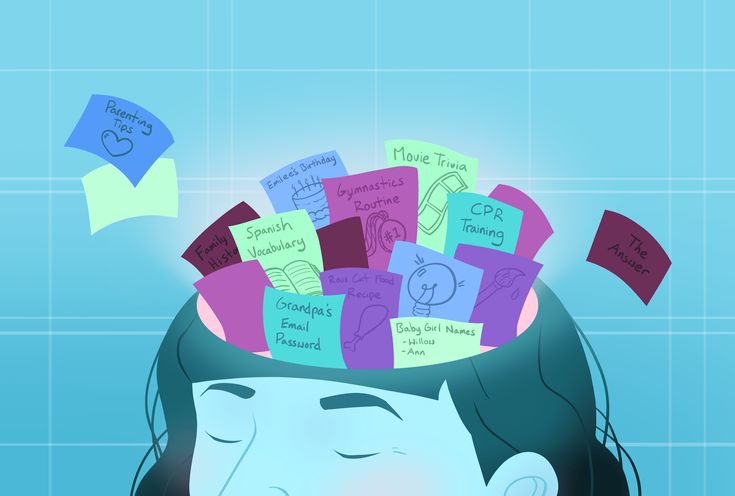
Your brain is far more flexible than you think, and improving your memory doesn’t require expensive supplements or complicated brain-training apps.
Let’s dive into five practical, science-backed ways that can improve your memory.
1. Sleep
Research shows that adults who get seven to nine hours of quality sleep perform significantly better on memory tasks than those who don’t. Deep sleep, in particular, plays a crucial role in transferring information from short-term to long-term memory storage.
2. Move Your Body Through Exercise
Exercise isn’t just about fitting into your favorite jeans or building stamina for that weekend hike. Physical activity increases blood flow to your entire body, including your brain, which helps deliver the oxygen and nutrients your neurons crave. Even better, exercise triggers the release of brain-derived neurotrophic factor (BDNF), a protein that supports the growth of new brain cells and strengthens existing connections.
Studies suggest that even moderate aerobic exercise like brisk walking, dancing, or cycling—for just 30 minutes a few times a week can make a noticeable difference in memory performance.
3. Eat Well
Your brain is an energy-hungry organ, gobbling up about 20 percent of your body’s total calories. What you feed it matters. Diets rich in antioxidants, healthy fats, and essential vitamins have been linked to better cognitive function and memory retention.
Focus on incorporating brain-friendly foods like fatty fish, blueberries, nuts, leafy greens, and dark chocolate. Yes, chocolate made the list—life is good. These foods help reduce inflammation and oxidative stress, both of which can impair memory over time.
Meanwhile, try to limit processed foods, excessive sugar, and trans fats, which have been shown to negatively impact brain health.
4. Challenge Your Mind with New Experiences
Your brain loves novelty. When you engage in new, mentally stimulating activities, you create fresh neural pathways and strengthen existing ones. This is why learning a new language, picking up a musical instrument, or even trying a new route to work can give your memory a serious boost.
Doing the same crossword puzzle every Sunday is great, but mixing it up with something completely unfamiliar like learning to cook Thai food or trying your hand at pottery—keeps your brain on its toes.
5. Practice Mindfulness and Stress Management
Chronic stress is memory’s worst enemy. When you’re constantly stressed, your body pumps out cortisol, a hormone that, in high levels, can actually damage the hippocampus—the brain region responsible for forming new memories. Not ideal.
Mindfulness practices like meditation, deep breathing exercises, and yoga have been shown to reduce stress and improve focus and memory. Even just five minutes of mindful breathing each day can help calm your nervous system and create the mental space your brain needs to function optimally.

